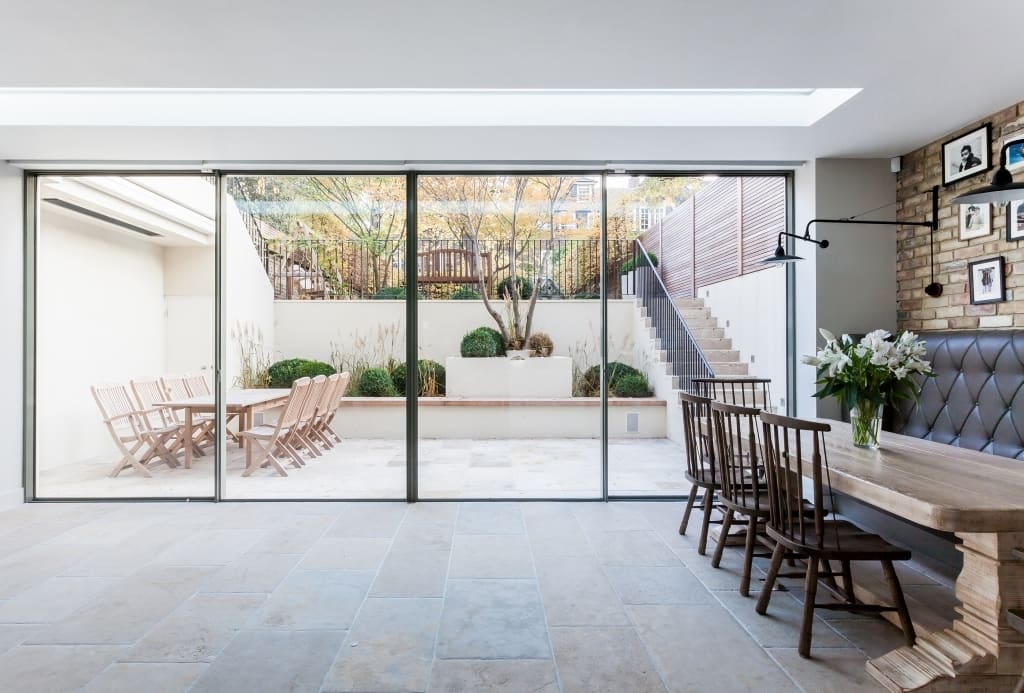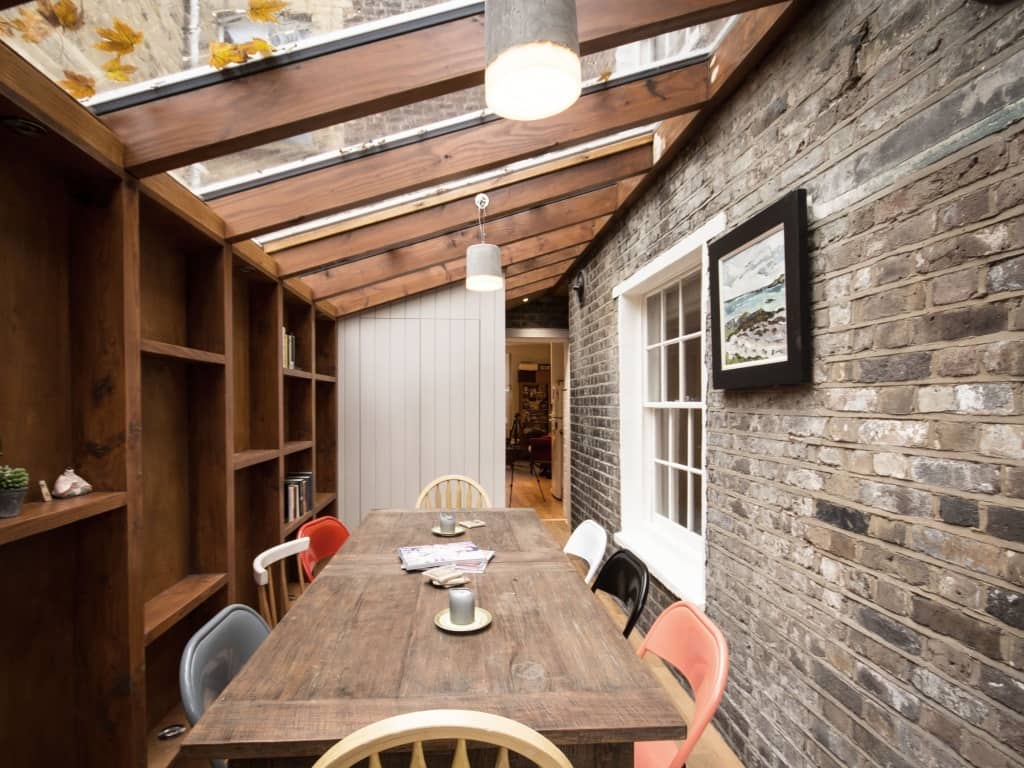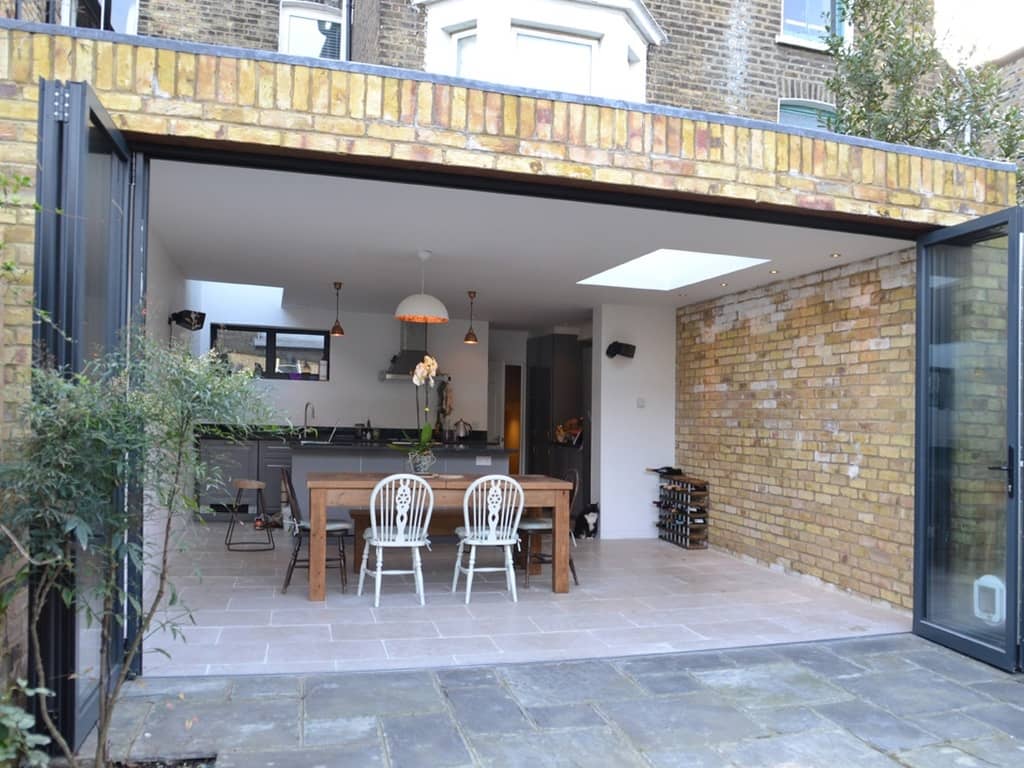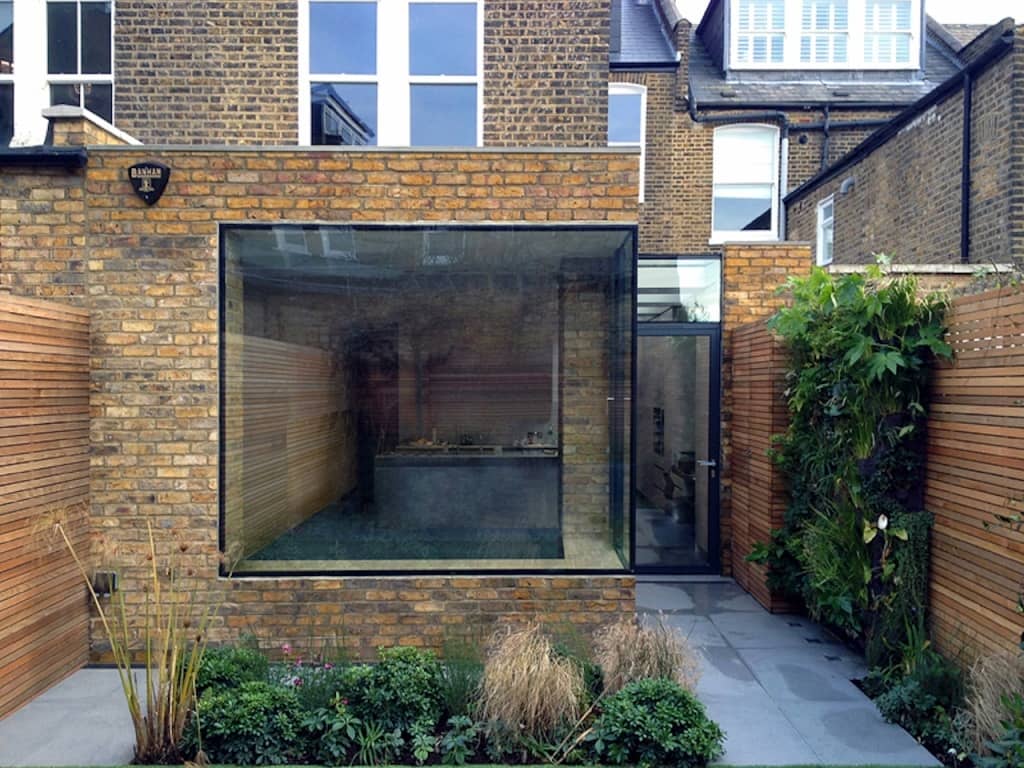Is it worth getting planning pre-application advice?
One of the first hurdles in any home renovation project is obtaining planning permission. Most councils offer a pre-application advice service to homeowners. But is it necessary? It depends on your project and comes down to three things: cost, time and, of course, getting approval for a design you’re happy with.
What does planning pre-application advice cost?
The cost of pre-application advice for householders varies from council to council but is usually between £50-£200 for a meeting and follow-up letter. Most clients would agree the cost itself is not the prohibitive factor, particularly if it results in a smooth planning process and desirable outcome.
How long does the pre-application process take?
The timescale for pre-application advice is usually between two to six weeks. The actual planning application process is a minimum of eight weeks after this, so the additional delay could be frustrating if you’re keen to get moving.
When the council receives your planning application, there is a week or so for ‘validation’, where they check all the documents and see that they have everything they need. The eight week determination period usually starts after this. Pre-application advice should ensure that you are using the correct planning form and submitting the correct drawings. Likewise, you may even discover that your project falls under ‘permitted development’ and that you don’t need to submit a planning application at all!
However, it could be argued that finding a good architect who has had experience with similar projects, should avoid these pitfalls, without needing pre-application advice.
Pre-application advice could save you time (and headaches) in the long run by avoiding a decision of refusal and a lengthy appeals process. It is true that many planning officers are happy to speak to you about your proposal during the eight- week determination period anyway, and will let you submit minor amendments that do not alter the character or description of the proposal. However, be warned that some planning officers are less inclined to engage with you once the application has been submitted, particularly if the council is very strict about the pre-application procedure.
If your planning officer is uncommunicative during the determination process and your application is refused, there is a second chance. Your planning officer will need to provide feedback as to why your proposal was refused, from which you can learn to re-submit your application for free (it must be within a year). Alternatively, you have the right to appeal if you think the decision is unreasonable.
How do I get the proposal I really want?
A good architect will help you navigate the planning process to help you get the best outcome. They will consider your brief alongside the council’s planning policy and may take the view that, as a starting point, it’s worthwhile submitting an application for the best case scenario, perhaps armed with some compromises during discussions with the planning officer.
Do consider that if you delve into the pre-application advice alone, without professional advice, you might start the planning process with a myriad of constraints that are difficult to shake later on. Most architects would be happy to have a no obligation chat with you before you appoint them, where you can discuss a strategy for gaining planning permission.
Above: Extension designs by Design for Me architects. Click on the image to view their profile and shortlist them for your project.





